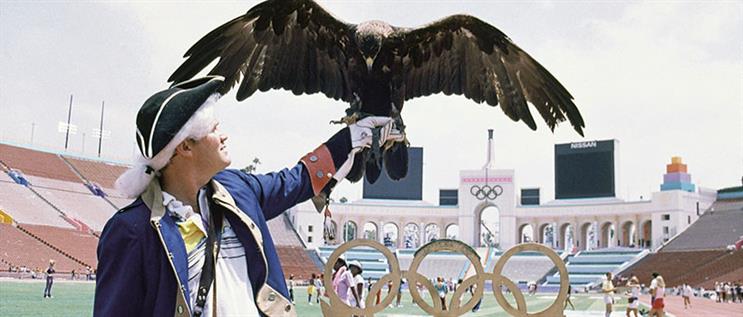They say nothing is bigger than the Olympics. Nothing. Only wars get close. In truth, they are just about right. The sheer scale of the organisation, the budget, the build, the scaling up and then the scaling down are like nothing imaginable. I remember very early on asking a seasoned soul their view on just how big they actually were and they said something I have not forgotten: "At least 12 out of ten, noise-wise." So no pressure, Rio.
Of course, London smashed it. By more than 12 out of ten. We put on the greatest show on Earth and, at the last count, in what became our final ever poll, I had us down at 89% of the public thinking it was the single biggest British achievement in their lifetimes (and, by my estimate, given recent "events", that number will have increased). This time, we can relax and enjoy the show rather than worry about the traffic.
So what is it that I think resulted in the public’s affection for what has clearly become their Games? What drove our collective hysteria and why do we look so romantically back at 2012?
I think it was public ownership.
There was a genuine objective, that permeated all of the delivery organisations, to turn this into a "Games for everyone", a national project in all the interests. Not simply a set of sporting events where world records would be broken. No – something far more meaningful and purposeful. Something, we believed, that would turn the vast national investment we were making – at a difficult time economically – into something that the whole country would be proud of making.
But herein lies the quandary, especially if you are the International Olympic Committee. The quantum of the public investment. The billions that anchor the Games. The root of a successful Olympics is a Games where the public believe that they own the rights, not the sponsors or the organising committees. Where those who pay for the Games – the vast majority comes from our taxes – have a deep stake in the way they are delivered and share a collective vision of success.
The problem is that the public’s investment in the Olympics is almost nowhere to be seen in the build-up to the actual Games itself. Go to Rio today and you will not see government marketing shouting loudly that public funds have created something that will benefit the city, and Brazil, for decades. You won’t see it because access to "the brand" is restricted and over-managed. Instead, the owner of "the brand" for the next few weeks is the sponsors.
So all power to the sponsors over the summer as they have the rights to promote their association with Rio in a way that, they hope, changes our view of their brands and makes us want to buy more of the products and services they want to sell. And quite rightly – after all, they have invested millions.
But Brazil will have invested billions.
And so the predicament for those that have to chart the path forward is a significant one. In a world where cities are now asking the public to decide if they should bid or not, the pertinent question for those with the vote is simple: what’s in it for us? And it’s here that I think a new balance needs to be struck between the brands that help promote the Games and the public’s commitment to paying for them in the first place.
The strategy for sponsoring the Games, built in the 1980s around the commercial giant that became Los Angeles 1984, has served the IOC well. It has created billions in revenue for the organisers and made some of the most famous brands in the world even more famous.
In the future, for both the summer and winter Games, I think the IOC needs to reinvent its rights packages to ensure the public has a collective sense of ownership and a belief in their Games. So that the cities and countries bidding feel they have the rights they need to make this payback. So that a balance is struck between public and private commitment to making the Games a success.
I think it is the next test. And if they get that right and think as creatively now as they did in the 1980s, then I truly believe that the best days lie ahead for the Olympic movement.
Greg Nugent is the founder of Inc and former chief marketing officer for London 2012


